People working outdoors in hot weather are susceptible to health effects.
Dr. Nguyen Huy Hoang, Tropical Center ( Ministry of National Defense ) warns: Heat stroke is often understood as a stroke (cerebrovascular accident) that occurs or is promoted by factors related to high temperatures. Heat increases the risk of dehydration, electrolyte disorders, increased blood viscosity, and blood pressure fluctuations; these factors lead to the risk of promoting stroke.
According to Dr. Nguyen Huy Hoang, the cause of stroke is due to the patient being dehydrated for a long time, blood thickening, increased risk of blood clot formation; hemodynamic disorders, sudden increase or decrease in blood pressure; sudden change in environmental temperature (from hot to cold or vice versa).
Groups at risk of stroke in hot weather are the elderly, children, people with underlying diseases (high blood pressure, cardiovascular disease, diabetes, dyslipidemia), people taking diuretics, beta-blockers, and antidepressants.
The typical symptoms of heat stroke are similar to those of a normal stroke. Specifically, the patient has symptoms such as: sudden weakness or paralysis of one side of the face, arm or leg (FAST); difficulty speaking, slurred speech, inability to understand speech; severe headache, dizziness, loss of balance, blurred vision; impaired consciousness, coma, convulsions; the patient may have a high body temperature if accompanied by heat stroke, but this is not a typical sign.
At a dangerous level, a stroke is a medical emergency, with the risk of death or severe neurological sequelae if not treated within the "golden time".
Doctors instruct that when encountering someone showing signs of heat stroke, people need to quickly recognize the FAST signs (facial paralysis, weak arms, difficulty speaking, call an ambulance immediately). People and patients need to call 115 and report the time of symptom onset.
In particular, keep the patient lying still, head elevated 30 degrees if conscious, tilted safely if vomiting; do not give anything to eat/drink; do not arbitrarily use antipyretics or antihypertensives; prepare for cardiopulmonary resuscitation (CPR) for the patient if necessary.
Dr. Nguyen Huy Hoang also noted that heat stroke and heat stroke are heat-related medical conditions that can be life-threatening if not recognized and treated promptly. It is very important to correctly distinguish these conditions based on symptoms, level of consciousness disorder, skin/sweat characteristics and risk factors. Proper first aid, combined with proactive preventive measures, will help minimize the risk of complications and death for patients.
Especially, in the current period of extreme hot weather due to climate change, people need to have knowledge to prevent and detect strokes in order to know how to handle them promptly.
Doctors also recommend that people should call an ambulance immediately if they experience any unusual symptoms related to heat, especially loss of consciousness, weakness/paralysis of one side of the body, or difficulty speaking.
Faced with prolonged heat waves, people need to proactively prevent and protect themselves and the community.
HA (according to Vietnam+)
Source: https://baohaiduong.vn/canh-giac-dot-quy-do-nang-nong-414234.html


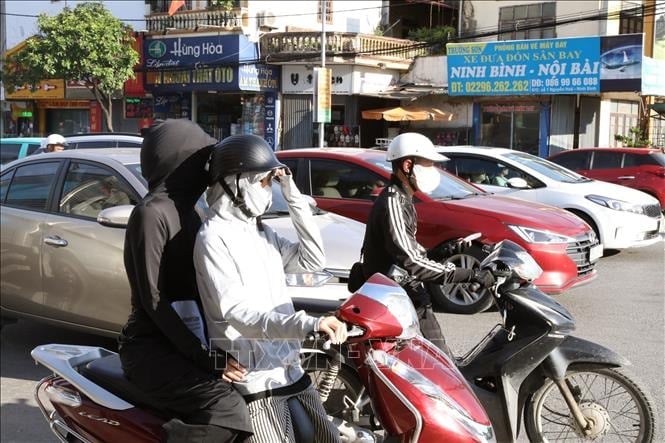





![[Photo] Cutting hills to make way for people to travel on route 14E that suffered landslides](https://vphoto.vietnam.vn/thumb/1200x675/vietnam/resource/IMAGE/2025/11/08/1762599969318_ndo_br_thiet-ke-chua-co-ten-2025-11-08t154639923-png.webp)








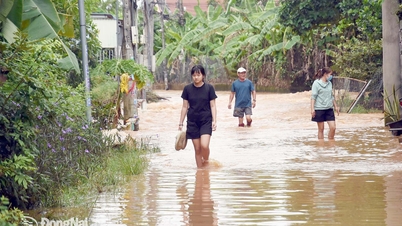

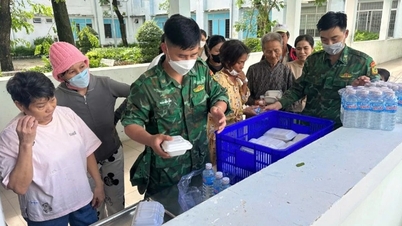




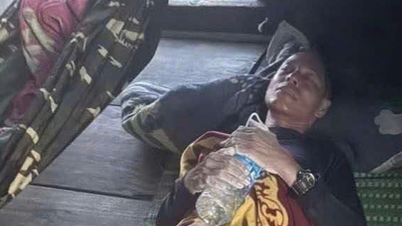








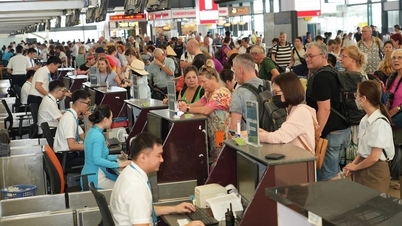



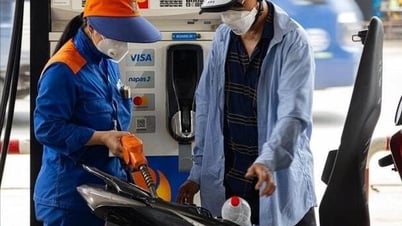
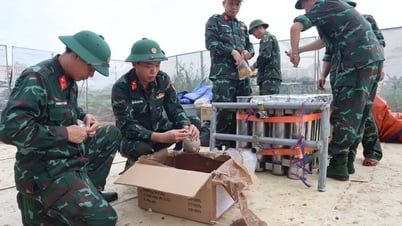







![[Video] Hue Monuments reopen to welcome visitors](https://vphoto.vietnam.vn/thumb/402x226/vietnam/resource/IMAGE/2025/11/05/1762301089171_dung01-05-43-09still013-jpg.webp)















































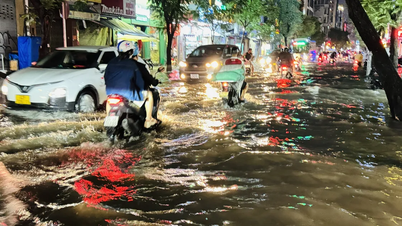
















Comment (0)